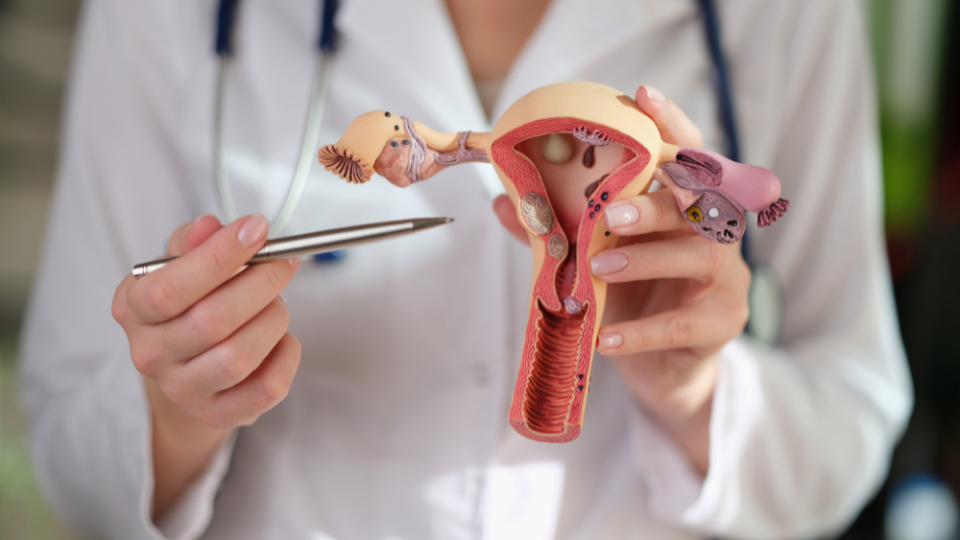On a quest for the perfect vagina
With documented high rates of dissatisfaction when it comes to genital appearance, both women and men are increasingly seeking ways to improve or perfect their genitalia.
From labial surgery (either for cosmetic procedures or functional concerns) through to laser devices inserted vaginally and even “The O-Shot” (injecting the patient’s own platelet-rich plasma into the general area of the G-spot, said to promote orgasm), the world of so-called “vaginal rejuvenation” is varied and ever expanding.
What is vaginal rejuvenation?
Vaginal rejuvenation is the term given to a variety of procedures, some invasive or surgical, others non-invasive and without the involvement of surgery.
The quest for perfect looking genitalia and a wish for increased vaginal tightness are some of the reasons why women will consider vaginal rejuvenation. Another is the discomfort of vaginal atrophy and to relieve menopausal genitourinary symptoms.
Is there any evidence vaginal rejuvenation works?
The FDA recently released a statement regarding non-surgical rejuvenation (typically a probe inserted into the vagina to heat or laser the vaginal tissue) stating that is is as yet unknown whether such procedures a) work and b) are safe. There is increasing research being done into the topic:
- Sheryl Kingsberg, the president of the North American Menopause Society, states that laser treatment holds tremendous promise and offers women a non-hormonal alternative to intravaginal oestrogen, giving clinicians another tool to provide relief for postmenopausal women and breast cancer survivors with vaginal atrophy who can’t take estrogen.1
- There is also some evidence that laser treatment to “resurface” the vagina can significantly improve vaginal atrophy in women who suffer from extreme vaginal dryness.
- Fractional CO2laser has also been found to be useful in alleviating vulvovaginal atrophy, dryness, and other symptoms of the genitourinary syndrome of menopause that lead to painful intercourse and an unsatisfying sex life.2 Although pilot studies are promising,3 to date, no sham-controlled randomized controlled trial has been conducted to establish the safety and effectiveness of this device.
Is vaginal rejuvenation safe?
There isn’t as yet enough evidence from appropriately conducted trials to support the use of techniques sold as being able to improve vaginal appearance and symptoms.
And of course with all surgery/interventions there is the risk of potential side effects, including infection, adhesions, dyspareunia (painful sex), scarring, and loss of sensation, concerns echoed in the recent FDA safety warning4 about the safety risks associated with energy-based devices.
I’m unhappy with the way my genitals look, what should I do?
The best thing to do is see a doctor first and discuss your concerns.
At ROC Clinic we have a lot of clinical experience in all health matters, including gynaecology, and we are well placed to discuss this topic and advise you where to go next.
We also provide a confidential, discreet and open-minded approach to our consultations as we are aware that discussing intimate concerns can be difficult. Get in touch with us.
References:
- https://www.medscape.com/viewarticle/901013#vp_2
- Watson SK. Despite FDA caution, doctors say lasers may help with vaginal pain and dryness. NPR. August 13, 2018.Source Accessed August 16, 2018.
- Sokol ER, Karram MM. Use of a novel fractional CO2laser for the treatment of genitourinary syndrome of menopause: 1-year outcomes. Menopause. 2017;24:810-814. Abstract
- https://www.fda.gov/MedicalDevices/Safety/AlertsandNotices/ucm615013.htm


